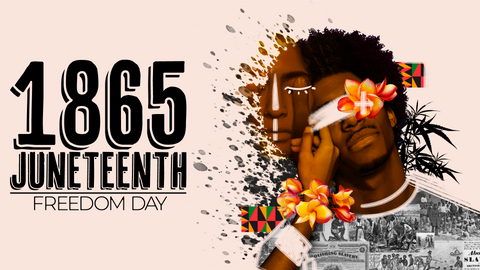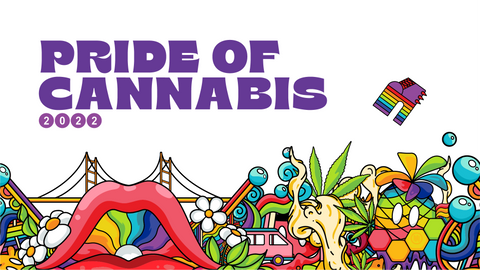On June 19th, 1865, Union General Gordon Granger officially ordered General Order No. 3 which effectively freed all the slaves in the Southern parts of America. This message of freedom sparked a mass demonstration of joy amongst the free people that created the annual celebration of freedom which we now know today as Juneteenth.
But with the message of freedom came other tribulations for the African American community. While we’ve recovered from the atrocities from yesteryear, the African American community is now working towards further visibility, representation, and vocality in the arts, politics, and business.
However, in the world of hemp farming, we find ourselves faced with a representation issue – out of the 3.2 million hemp farmers, only 1.4% are African American. Black farmers have long been discriminated against by lending institutions like the USDA. However, in 2018 with the newly concocted Farm Bill, states are required to report to Congress how much funding they’re providing their land-grant HBCUs and predominantly white institutions, in what’s considered a first step toward acknowledging the inequity. While we are closer than ever before to achieving equality and an even playing field in the world of hemp, what we can do now is continuously support black businesses and amplify black voices.



Comments (0)
There are no comments for this article. Be the first one to leave a message!